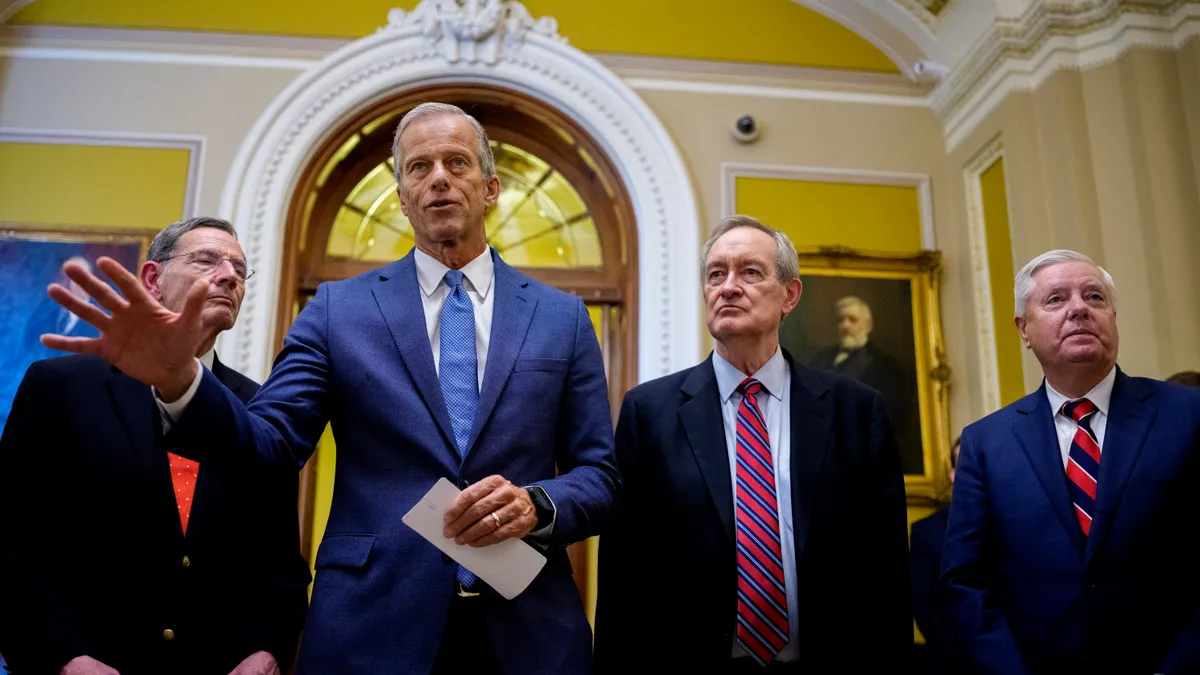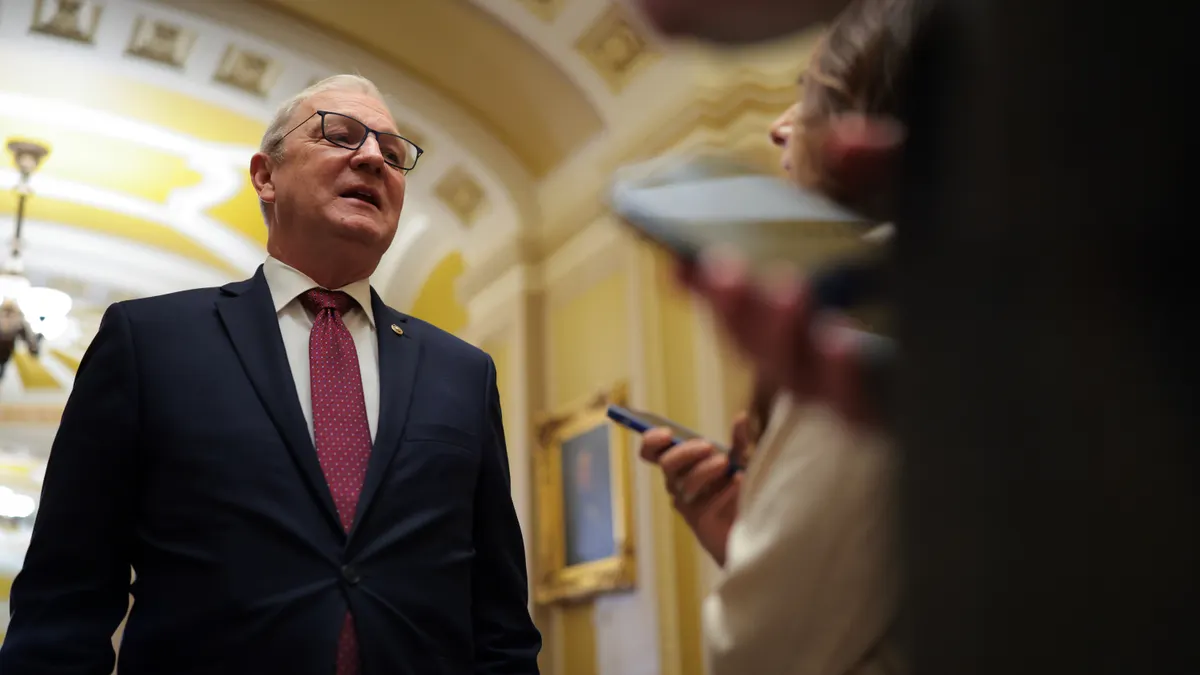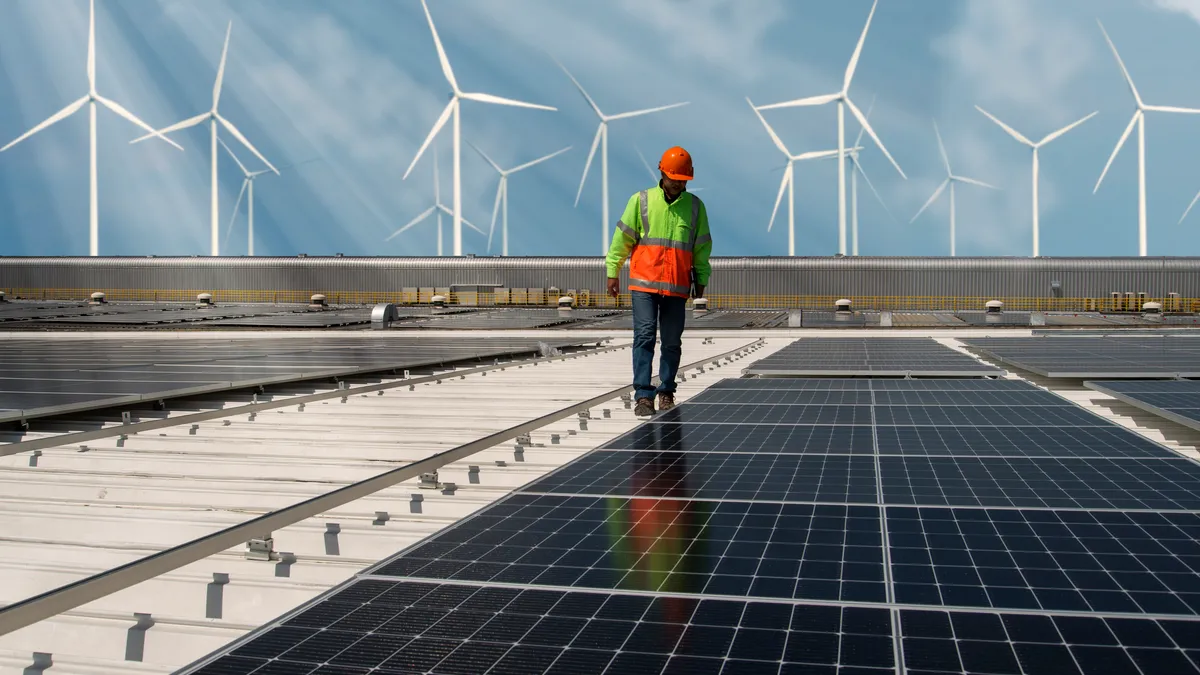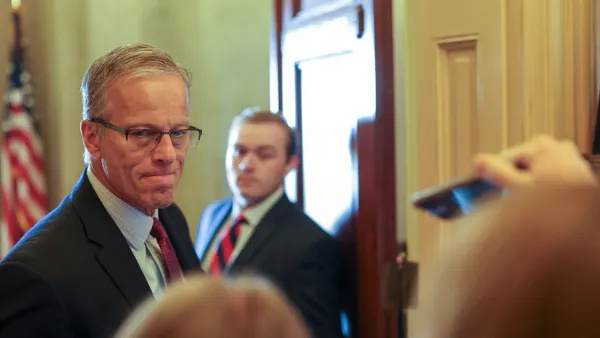The following is a contributed article by Zdravka Tzankova, an Associate Professor NTT at Vanderbilt University.
A group of U.S. scholars and activists has released an insightful, detailed proposal for a green stimulus response to the COVID recession.
The merits of this $2 trillion green stimulus proposal are many and notable — from its list of public investments to decarbonize U.S. energy, transportation, and built infrastructure, to its call for creating the good green jobs needed for achieving such decarbonization. But what about the political prospects for U.S. stimulus spending on energy decarbonization?
Recent developments in corporate renewable procurement suggest one promising strategy for aligning the political odds in favor of stimulus spending that accelerates grid-greening and renewable transitions.
Corporate electricity buyers as key allies in the effort to accelerate US renewable transitions
The past five years have seen an increase in U.S. business demand for carbon-free, renewably-generated electricity, and a parallel growth in business support for federal and state policies that advance grid-greening and electricity decarbonization.
In April 2016, for example, two different groups of companies (Apple, Google and Microsoft; Adobe, Mars, IKEA and Blue Cross Blue Shield) filed amicus briefs in support of the U.S. Clean Power Plan — an Obama Administration proposal for decarbonizing electricity generation, and one that was being held up by legal challenges from 24 coal friendly and/or regulation-averse states. In May 2019, more than 75 technology, food, retail, apparel, health and financial companies (organized for political action by the sustainability nonprofit CERES) met with federal lawmakers to support federal carbon pricing legislation and a comprehensive U.S. climate policy.
In many states, diverse groups of technology, manufacturing, food and retail companies are flexing their economic and political influence to support pro-renewable state policies like cap-and-trade, renewable electricity standards, and energy efficiency standards. In Nevada, for example, EBay, Levi Strauss, Switch, Unilever and Dignity Health, all with significant presence in the state, urged state legislators to adopt a renewable electricity standard of 50% by 2030, which they did unanimously in 2019. In Ohio and North Carolina, corporate electricity buyers have opposed attempted weakening of state-level renewable electricity and energy efficiency standards.
The drivers behind such corporate demand for public regulatory advancement of renewables are as important for building political support behind a green stimulus as they are complex. They can be briefly summarized as follows.
The long-term promise and short-term challenges of corporate renewable procurement
In the past five years, a diverse and growing array of technology, manufacturing, food and retail companies — companies like Google, Facebook, Microsoft, 3M, Owens Corning, Nestle, Mars, Unilever and Walmart — have voluntarily and privately committed to powering some or all of their U.S. operations with carbon-free electricity from renewable sources. And many of them are seeking to leverage their electricity demand in ways that add new wind and solar capacity to the U.S. grid.
This surge in corporate renewable goals and commitments is motivated by a combination of factors. Key among them are the increasingly competitive cost and low price-volatility of renewables, and the mounting climate action expectations of various corporate stakeholders — investors and environmental groups in particular.
Corporate renewable buyers in the U.S. have energetically pursued their green power goals and commitments, working through the market to contract with developers of renewable generation capacity, negotiate with incumbent monopoly utilities, and develop behind-the-meter options like rooftop solar. In the five-year period from 2014 to 2018, corporate renewable procurement has added 15.46 GW of renewable capacity to the U.S. grid, with a stated Renewable Energy Buyers’ Alliance (REBA) goal of adding 60 GW of renewables by 2025 — a near-doubling of the renewable capacity additions required under state renewable electricity regulations.
Many corporate renewable buyers, however, are finding it hard to meet their green power goals by working through the market alone. Corporate capacity for renewable electricity procurement is currently limited by factors such as company size and the location of a company’s facilities within the complex jurisdictional mosaic of state-regulated U.S. electricity markets.
Companies whose facilities and operations are located in one of the 24 states that have restructured (i.e., competitive) electricity markets can readily access economically and environmentally attractive renewable procurement options. Companies with facilities in regulated electricity markets like those of Alabama, Florida, Arizona and West Virginia, however, are tied to their state-regulated monopoly utilities, and have a harder time procuring the carbon-free, renewably-generated electricity they seek.
Such companies can try to negotiate for utility-provided green power options. But relatively few renewable electricity buyers have succeeded in getting their monopoly utilities to provide them with the types of environmentally and economically attractive green power options they seek.
Some corporate electricity buyers with facilities in regulated electricity markets have pursued renewable procurement through the use of Virtual Power Purchase Agreements — a legally and financially complex mechanism that allows companies with facilities in a regulated electricity market to contract with renewable capacity developers operating in deregulated markets. The complexity of this mechanism puts it beyond the reach of most companies, however.
The public policy implications of obstructed corporate efforts at renewable procurement
Corporate renewable buyers are thus increasingly turning to government regulators and the public policy process for help with greening corporate electricity supplies.
Such corporate political action in favor of renewables is often undertaken by groups of companies working together, or as part of business-NGO coalitions.
REBA, for example, is an important player in the business renewable advocacy space. It started as a business-NGO collaboration towards market-driven greening of the U.S. electricity sector, but recently re-incorporated as a trade association for the explicit purpose of ratcheting its political and policy advocacy on renewables.
REBA’s transformation from a business-NGO alliance for private, market-driven reform of the U.S. energy sector into a policy-focused business group — one that represents 200 large corporate energy buyers and 150 clean energy developers — illustrates the potential of business as a pro-renewables policy actor. And it gives corporate actors a clear blueprint on how to enhance the reach and impact of their private environmental efforts through engaging in the political and public policy process.
Getting to a greener stimulus: the political role of corporate electricity buyers
The large and politically powerful group of corporate renewable buyers can help steer stimulus policy on a greener path — a path of public investment that accelerates electricity decarbonization. Given the competitive cost and low price-volatility of renewables, the business interests of corporate electricity buyers are already aligned with an accelerated U.S. transition to a renewably-powered economy. And a number of corporate electricity users are already engaged in some political and policy advocacy in favor of public policy and regulatory interventions that advance grid-greening and electricity decarbonization.
Even as the deeply indebted and increasingly unprofitable U.S. oil and gas industry actively lobbies for stimulus support, green power lobbying by corporate renewable buyers could tip the political scale in favor of a greener stimulus. If the powerful political voices of corporate renewable buyers are added to the voices of an emerging labor-environmental decarbonization coalition, corporate renewable buyers may become the factor that makes greener stimulus a reality.





















